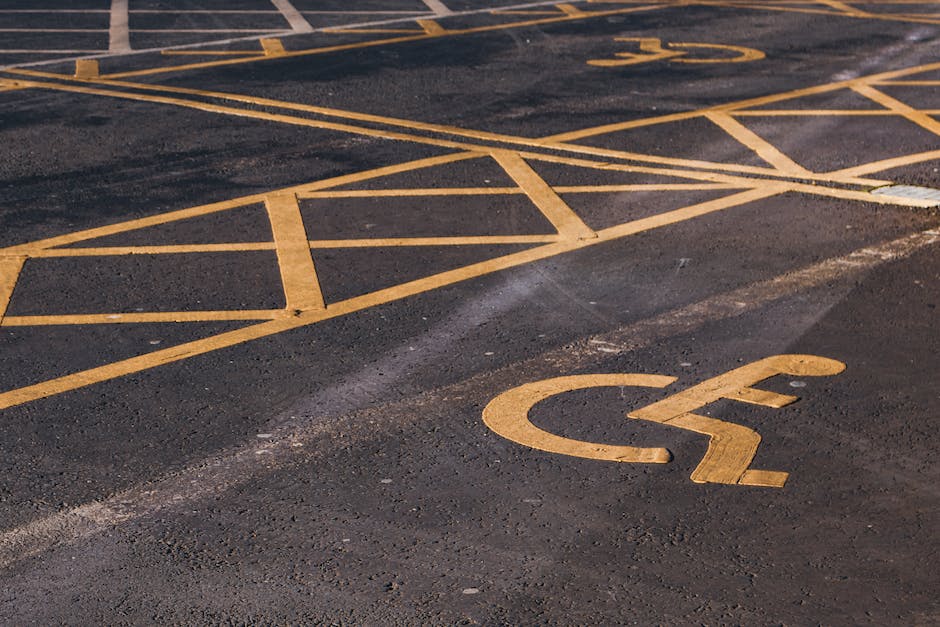
Contents
and Health
No parent ever wants to consider the fact that their child may be using drugs, but unfortunately teen drug abuse remains a widespread problem in the United States. Among adolescents, marijuana is the most common substance of abuse, followed by alcohol and synthetic drugs. In order to look out for signs of drug abuse and help prevent their teen from developing a lifelong addiction, parents should learn to recognize signs of drug use and how to intervene in a compassionate yet authoritative manner.
Warning Signs of Teen Drug Abuse
When it comes to drug use, teens may exhibit certain behavior that can signal a potential problem. Some of the most common signs of teen drug use to look for include:
1.Physical Changes
Parents may notice physical changes in their child, such as red eyes, an increase or decrease in appetite, excessive sleep or lack of sleep, changes in personal hygiene and a lack of energy.
2.Mood Swings
Teens who abuse drugs may exhibit sudden and unexplained changes in mood, such as aggressive behavior, withdrawal or depression.
3.Social Changes
Drastic shifts in social behavior may be a sign of drug use. This may include isolating oneself from loved ones, suddenly dropping out of activities and avoiding contact with supportive friends and family.
4.Disciplinary Changes
Deteriorations in school grades and disciplinary issues are common signs of drug use. Teens may also display notable changes in behavior when it comes to dealing with authority figures.
Preventing Teen Drug Abuse
The best way to help prevent teen drug abuse is to be open with your child and to remain involved in their lives. Having an open line of communication is essential for teens to feel comfortable talking about their problems. Drug abuse is often a way for teens to self-medicate underlying personal issues.
Parents should also emphasize personal responsibility and take an active role in their child’s health and wellbeing. Setting expectations and boundaries while providing guidance could help teens stay on track and make better life choices.
Seeking Professional Help
If parents have concerns about their child’s potential drug use, it’s important to seek professional help as soon as possible. Consulting a qualified psychologist or physician can help identify underlying issues or mental health conditions that could be contributing to the development of drug addiction. Professional therapy can also help teens and their families address personal issues and work towards identifying healthy solutions.
Drug abuse and addiction can have life-changing consequences if left unchecked. By learning to recognize the signs of drug abuse and proactively seeking help for their teen, parents can make all the difference in the world. Put your fear aside and take action today. Your teen’s future could depend on it.
